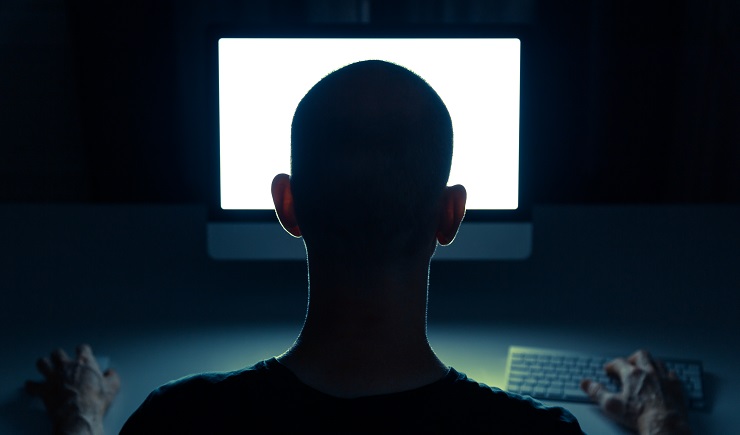Saying hateful and insulting things on the internet isn’t free speech. It’s just letting fly with no responsibility and no fear of retaliation.
In Both Sides Now, author and ethicist Leslie Cannold presents two sides of an argument and we ask you what do you think is true, and what you think Cannold really believes?
Last week Cannold asked whether people should be free to insult each other on the internet. Here’s what you thought.
David Dolan writes: Thanks to Crikey and Leslie Cannold for a thought-provoking article. I think Cannold supports her yes case but with significant provisos — primarily the avoidance of harm.
I think the major problem with the internet and social media is that people post what they like anonymously. If the author of every post and article and every response had to be clearly identified and traceable we would have robust but much more civil, safer and more rewarding discourse.
Cassandra Sun writes: I had previously struggled with the concept as to why I felt that free speech as it is being (mis)used was another weapon in the arsenal of hate and repression versus a vital tool in the democracy toolbox.
It was highlighted that those using the “free speech” blanket are the pale, male, stale establishment who feel threatened. In most cases the opinions being spouted are offensive to many, hateful and, often — when followed down their extreme path — lead to violence or acts that our legal system deems criminal. Acts such as violence against LGTBIA+ persons, women, the unemployed and homeless, and people who are essentially not white.
The article also very helpfully captured the notion of censorship and that historically “speech” was being censored by editors, publishers etc. The internet is a very different beast and perhaps we have to change our thinking about what “free speech” actually means.




Some days it is absolutely saddening to read all the “free speech” out there, speaking out against those things which would assist others and lift us all as humans.
I can’t say I have answers or that I am fully off the fence but I think I might just have swung both legs over the “no” side after reading this article.
Lee Tinson writes: My guess is that Cannold is torn, or perhaps just didn’t have the space to expand on the issues. That would be understandable because this issue is very vexed.
I was taught in my youth that free speech is absolutely necessary for the proper functioning of a democratic society, and I still believe that’s true.
I was also taught that it’s not a right. It is, instead, a privilege. And along with that privilege comes the responsibility to not abuse it.
It’s good to disagree with someone — but not abuse them. Don’t say or repeat stuff that isn’t true. Check sources, because if you repeat stuff that isn’t true you just look like an idiot. And it’s always best not to shout socially unacceptable opinions from the rooftop because that offends and hurts people.
I find it noteworthy that most of the insistence on having free speech — or hiding behind the right to have it — doesn’t mention individual responsibility. That’s particularly noticeable from the likes of our prime minister and especially the deputy PM when they are speaking utter nonsense, telling outright lies, or defending such behaviour by each other or some other appalling fool in their party.




Fetch your first 12 weeks for $12
Here at Crikey, we saw a mighty surge in subscribers throughout 2020. Your support has been nothing short of amazing — we couldn’t have got through this year like no other without you, our readers.
If you haven’t joined us yet, fetch your first 12 weeks for $12 and start 2021 with the journalism you need to navigate whatever lies ahead.
Peter Fray
Editor-in-chief of Crikey








